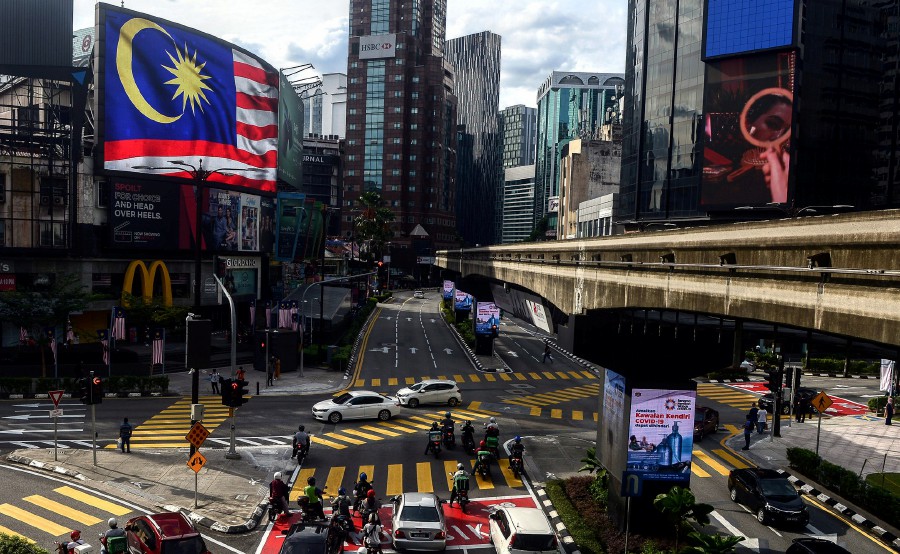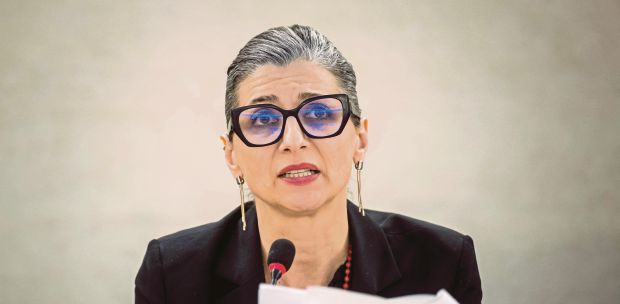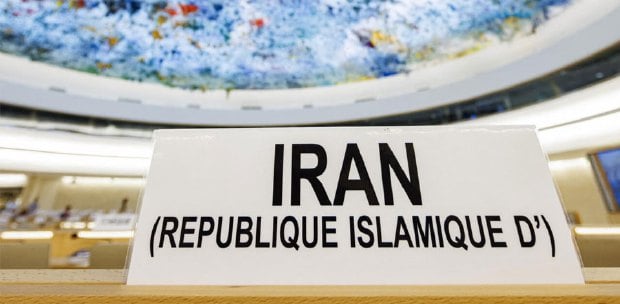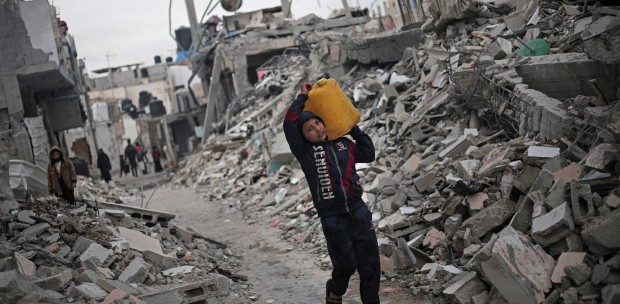LETTERS:
However, nobody can deny that we have also progressed as a nation due to relative stability and the absence of internal conflict.
More importantly, there is peace and harmony, in comparison with many developing countries that are going through serious strife.
Of course, the Covid-19 pandemic has reinforce inequality in our society and the world over, where there is a gap between the rich and the poor in terms of rights and privileges, especially in relation to social security, healthcare and enforcement of law.
Nevertheless, other member nations in the UN Human Rights Council are also in a similar predicament.
Western critics have, more often than not, described China as an authoritarian power because of the jailing of dissidents, among other things. But, on the other hand, we should be fair and take into account that it has also emancipated millions of its citizens from absolute poverty.
Let's not be shy to say that even countries with proud democratic tradition, like the United States, have human rights issues too. They are related to civil liberties of the black community, the gap between the rich and the poor and high cost of healthcare, abortion rights that violates rights of the unborn and its military adventures that has cause the death of millions of people.
What's obvious is there are certain flaws among the nations in the UN Human Rights Council in terms of human rights due to vested political interest and power that makes them incapable of taking a holistic view when it comes to this issue.
Regrettably too that, at times, certain non-governmental organisations (NGOs) are carried away with political ideology, whether domestically or globally, where they tend to pick and choose issues according to political leanings instead of addressing them in a holistic manner that transcends an ideological divide.
It is the civil society that carries the torch of human rights, because it addresses issues of oppression or injustice from the bottom up.
Therefore, it is vital that civil society continue to continuously educate fellow citizens on human rights that respects life from conception till the end of human life which transcends political, religious and ideology.
It's only through democracy that public representatives can be held accountable for holistic human rights that could, in the long run, bring dignity to the UN Human Rights Council.
Plus, there is a need for a broader discussion among Malaysians of what really constitutes human rights. One thing is for certain, though — that continuous war in various parts of the world, including issues of hunger and poverty, means the world has failed to address human rights holistically.
Ronald Benjamin
Secretary, Association for Community and Dialogue
The views expressed in this article are the author's own and do not necessarily reflect those of the New Straits Times





